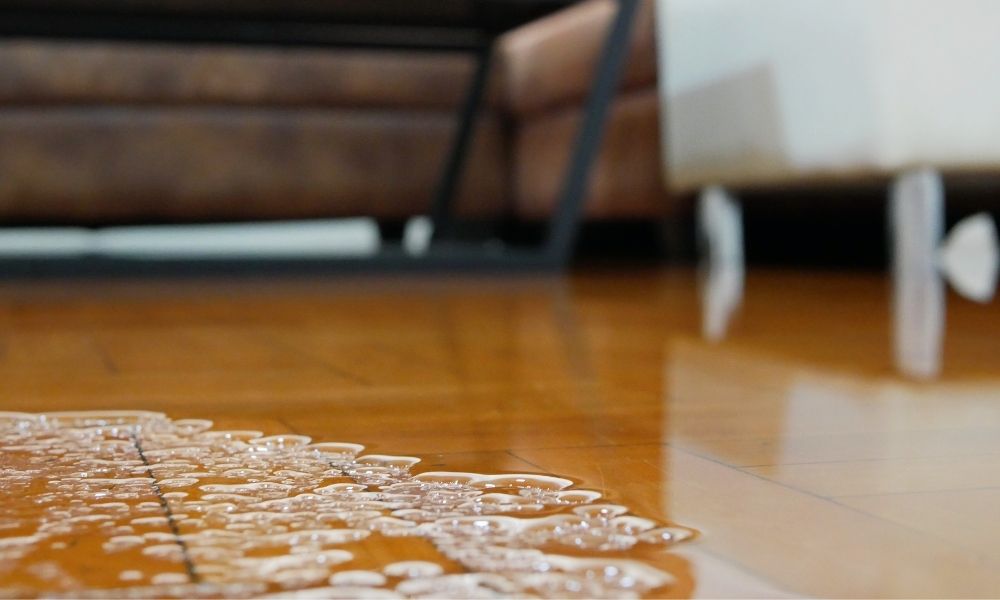1-866-469-8556
1-866-469-8556
1-866-469-8556
1-866-469-8556

Your home may suffer from lower indoor air quality after exposure to water damage. When the problem worsens, your house might even be dangerous to enter due to mold and contaminants.
If you aren’t aware of how water damage can impact the air quality in your home, this guide will show you what could potentially happen. Here are a few examples of the impact that water damage can have.
Water is a universal solvent, which means that when it damages your home, it can affect virtually every aspect of its construction. When water damage reaches the glue, paint, carpeting, or other materials, it could release toxic fumes inside your home.
Some of these substances include solvents and volatile organic compounds (VOCs). A wet indoor area will allow viruses, bacteria, and other microorganisms to proliferate and contaminate your home’s air.
Water and mold go hand in hand because moisture attracts mold spores. When water attracts dormant mold spores, they transform into active mold, and they grow throughout any type of structure. These spores subsequently release microscopic productive spores all over your home, which contain mycotoxins that harm your health.
Mold and mildew can create a musty odor in your home and make your air toxic. If you inhale mold spores, you may suffer physical reactions, such as allergic symptoms, and spore inhalation can also lead to chronic illnesses down the road.
Mold remediation alone won’t remove the smell, so you would have to use a comprehensive deodorizing service. If you want to protect your home from mold growth, installing pleated furnace filters in your HVAC system will help you catch these spores and dispose of them properly.
Black water, also known as Category 3 water, is water that floods your home from outside or from a sewer backup. This type of water contains noxious organic materials such as fecal matter and other bacteria.
Airborne endotoxins from black water can bring deadly pathogens into your home. If you inhale them, they can lead to respiratory ailments and other health problems. If you want to eliminate black water in your home, reach out to someone who uses professional biohazard techniques.
Overall, water damage can cause significant headaches for any homeowner, so you should try to prevent it from happening before things get out of hand. Now that you know how water damage can impact the air quality in your home, consider purchasing protective equipment to ensure this never happens.
{"one"=>"Select 2 or 3 items to compare", "other"=>"{{ count }} of 3 items selected"}
Leave a comment